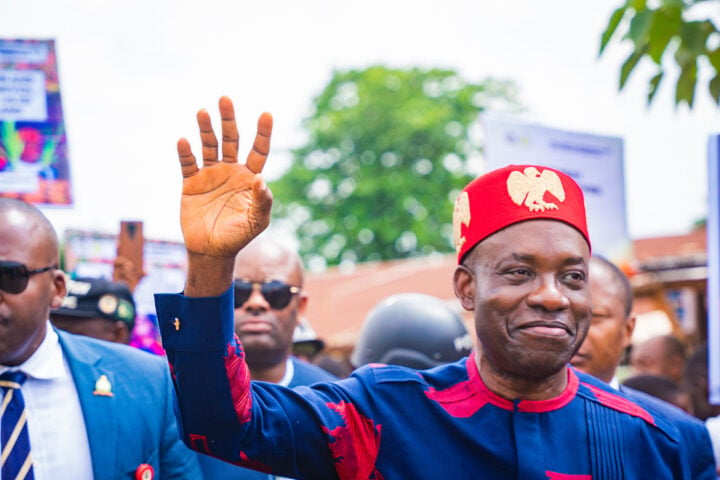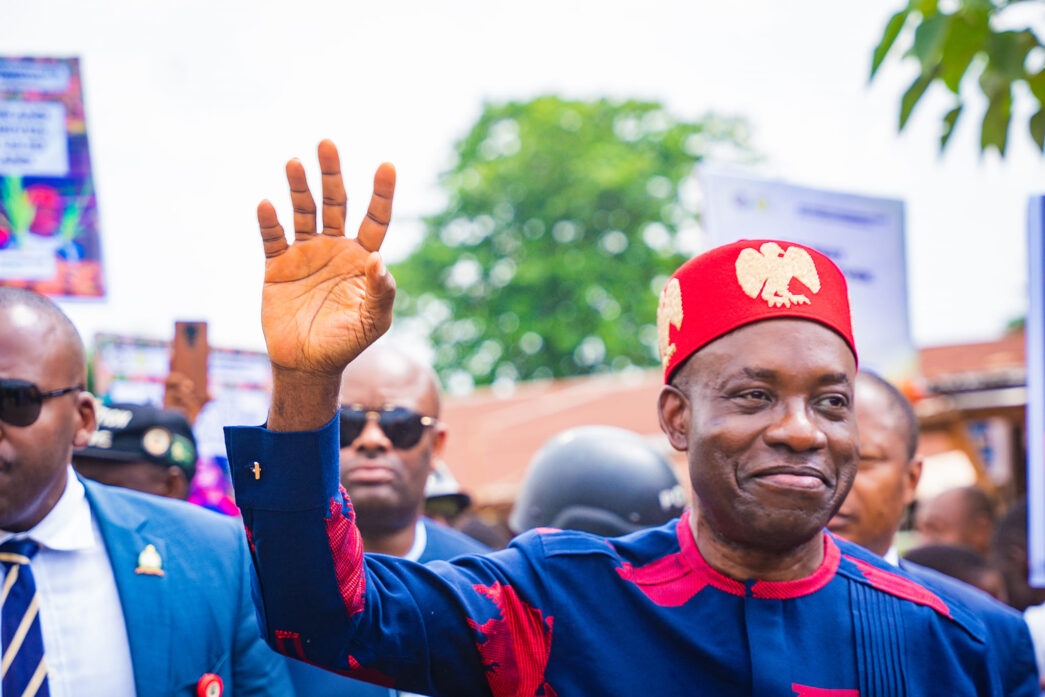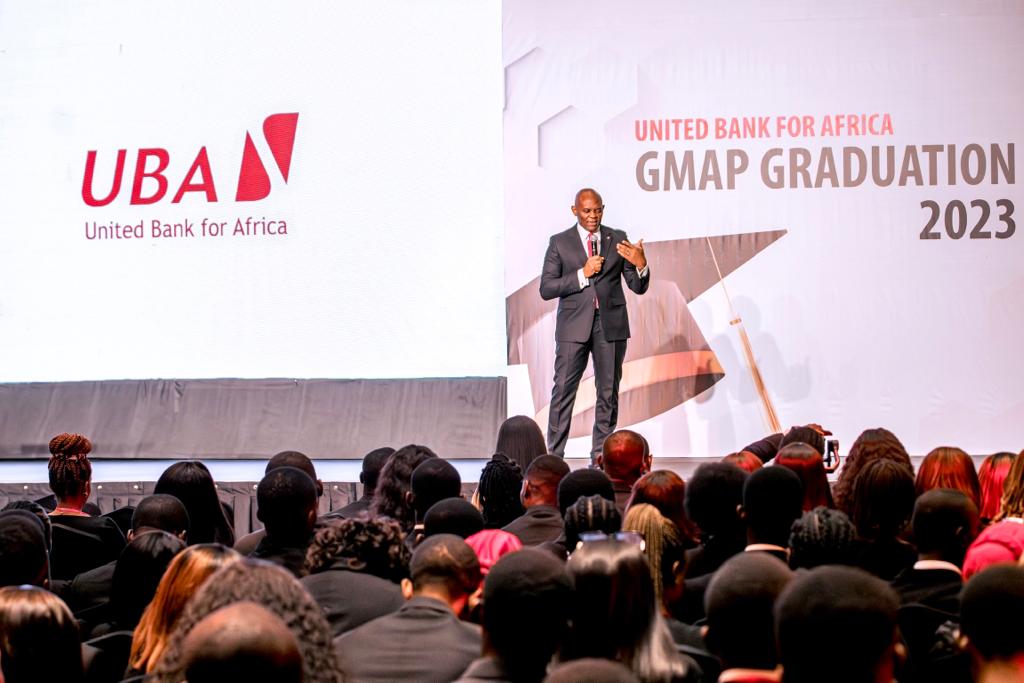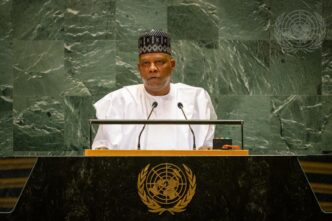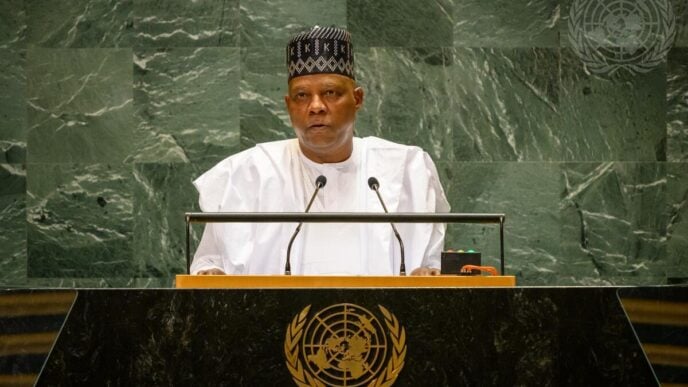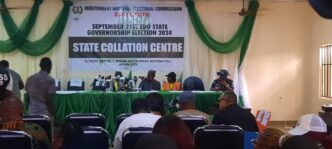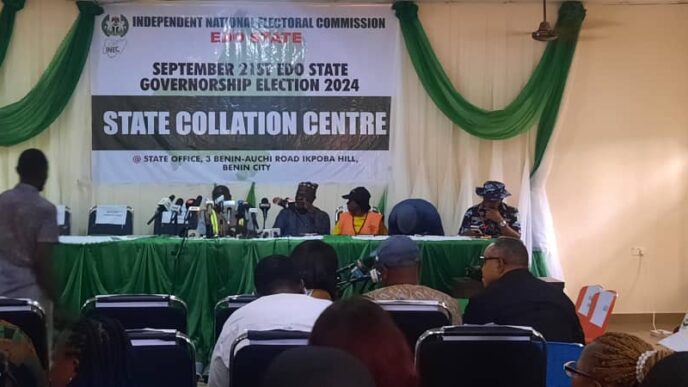Chukwuma Soludo
Despite the transitory hiccups being experienced in some sectors of the economy, this column believes that President Bola Tinubu means well for Nigerians and he is determined to reposition Nigeria. President Tinubu knows that for Nigerians to feel the impact of good governance, the state and local governments must function optimally. Development, in some cases, needs to be driven by other tiers of government, especially the state and local governments. This is evident in President Tinubu’s determination, through his minister of justice and attorney general, to ensure local government autonomy last July.
Last March, in trying to bring succor to the bulk of Nigerian workers, President Tinubu appealed to state governments to start paying some form of wage awards to workers pending the ‘conclusion of the review of the minimum wage’. The President noted that this would help ‘serve as a relief’ to workers. The same applies to the payment of the recently signed minimum wage law. The bulk of public sector workers are in the states and local governments. State governments willing to start the payment of the minimum wage, including related consequential adjustments, are in the President words, ‘bringing relief to workers’, especially in this period that the President is embarking on significant economic reforms in order to reposition the country.
This September, federal government workers started receiving the new minimum wage and its consequential adjustment. Next month, workers in Anambra State will start receiving the new minimum wage. Abia State Government has also announced that workers in Abia will start receiving the new minimum wage in October. The Ebonyi State Government has also announced that it will soon start paying the new minimum wage. In fact, these are the only south east states that have made this announcement.
The payment of the new minimum wage is supposed to be mandatory. It is a law. But most subnational governments – with the exception of Lagos, Rivers and Edo State – have argued that the payment of the new minimum wage would cause significant strains in their finances. In fact, last month, the Punch Newspaper reported that most states had not even set-up the minimum wage implementation panels.
Advertisement
Fortunately, because of Governor Chukwuma Soludo’s prudent management of resources, Anambra which does not exactly earn as much as Delta, Lagos and Rivers States will be pay its least workers in Level 1/Step 1 a minimum salary of N70,000. This implies a consequential adjustment in the wages of workers on higher levels.
This is coming at a point some state governments have made it clear that they cannot pay the minimum wage. In fact, when the minimum wage negotiation started in January 2024, many subnational governments halted recruitments into the civil service of their states for fear of what could happen to their wage bills after a resolution is reached on the new minimum wage. But in Anambra, recruitment into the state’s civil service has been aggressive. Last May, an additional 3115 teachers were recruited to join the 5000 teachers that were recruited last year. Thousands of health workers have also been recruited.
Despite the massive investment in infrastructural projects which are resource intensive, Governor Soludo believes that Anambra should do everything possible to pay workers a decent wage. This is in line with his progressive ideology and philosophy of not living anyone behind. Today, backlogs of pensions are being cleared and pensions are paid promptly. Governor Soludo’s free education policy even in senior secondary school – which has gone beyond the basic requirements of UBEC – is a manifestation of his progressive political ideology.
Advertisement
Last week, the Nigerian Labour Congress (NLC) lamented that the current price of petrol has eroded the gains of the N70,000 new national minimum wage. [Never mind that some state governments have stated clearly that they cannot even pay the current N70,000 minimum wage and some owners of small businesses have also followed a similar line of argument]. In effect, NLC is lamenting the deterioration of the purchasing power of the increased salaries. This is understandable but this column has argued, in previous articles, that with a robust economy – which the President is determined to institute in the country – workers will see the purchasing power of their incomes increase. That the Nigerian worker deserves a living wage is not a subject for debate. Nobody will debate against that.
Governor Soludo believes that productive workers in the public and civil service deserve a decent wage. In fact, Governor Soludo has refused to collect a salary since he assumed office as governor. This is a form of protest. And those who argue that a governor does not need a salary in Nigeria miss the point. Governor Soludo’s refusal to receive a salary is a personal protest against the salary in the public and civil service. Hopefully, as Nigeria repositions its economy, the plight of civil servants and workers will become better.
With Governor Soludo, the future is bright for workers in Anambra!
Nwankwo is the special adviser to Soludo on special projects
Advertisement
Views expressed by contributors are strictly personal and not of TheCable.

